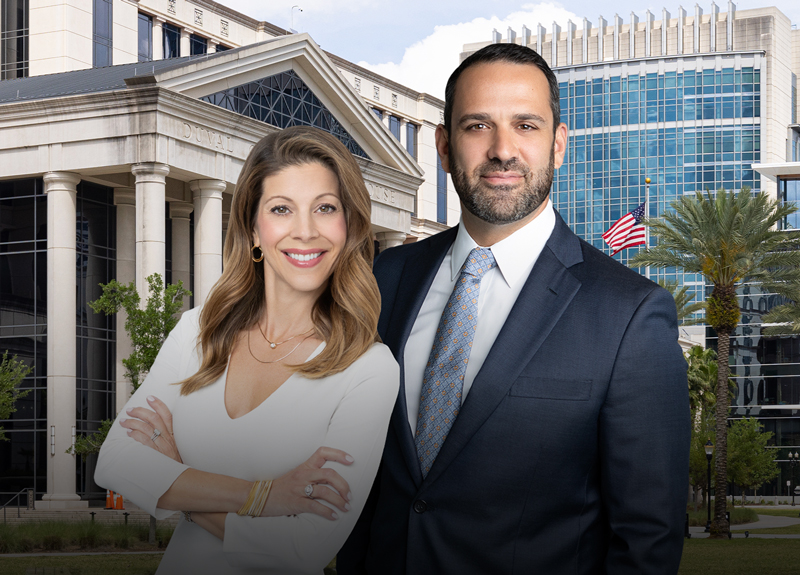Res ipsa loquitur is a legal term of Latin origin that literally means “the thing speaks for itself.” It is useful in personal injury law because it allows the plaintiff in a negligence case to win without direct evidence of liability. Res ipsa loquitur cannot win a case all by itself, but it can dramatically improve the plaintiff’s odds of winning.
The Burden of Proof
In a personal injury case, the burden of proof falls on the plaintiff. This means that it is the plaintiff’s responsibility to demonstrate that the defendant’s actions caused their injuries. The defendant is not required to prove that they were not at fault. Instead, the plaintiff must present evidence establishing the defendant’s liability to meet this burden.
Reversal of the Burden of Proof
Under the right circumstances, the plaintiff might be able to establish the elements of res ipsa loquitur (see below). When the elements of res ipsa loquitur are established, the burden of proof shifts to the defendant. This shift means that instead of the plaintiff proving the defendant’s responsibility for the injuries, the defendant must now demonstrate that they were not responsible for the plaintiff’s injuries. This reversal of the burden of proof can significantly strengthen the plaintiff’s position in the case, as it requires the defendant to provide evidence negating their liability.
How Ordinary Negligence Cases Work
Ordinary negligence occurs when one party carelessly injures another party. In the classic example, one driver runs a red light while talking on their smartphone and plows into the victim’s car, injuring them. To win an ordinary negligence case, you must prove five facts about the defendant:
- They owed you a duty of care. Unless the defendant is a child or mentally incompetent, this is almost always the case. It is not difficult to prove.
- They breached their duty of care. In a breach of commission, the defendant did something they shouldn’t have done, like running a red light. In a breach of omission, the defendant did not do something they should have done, such as a pool lifeguard failing to keep their eyes on swimmers. Duty plus breach of duty equals negligence. However, negligence alone is not enough to establish liability.
- Actual and proximate cause. The situation must be such that, had the defendant not breached their duty, the plaintiff probably would not have suffered their injuries. The situation must also be such that the harm that the defendant suffered was foreseeable enough to justly hold the defendant financially liable for the plaintiff’s harm.
- The plaintiff suffered damages. These might include medical bills, lost income, pain and suffering, emotional distress, etc.
The plaintiff must establish all of these facts to establish liability.
Examples of Res Ipsa Loquitur Claims
Following are some common examples of events that frequently lend themselves to res ipsa loquitur claims:
- Medical imaging reveals a surgical instrument left in the body of a patient who recently underwent surgery.
- A surgeon removes the patient’s left kidney instead of the right kidney.
- A doctor administers the wrong medication or the wrong dosage.
- A brick falls from a building undergoing renovations and strikes a passing pedestrian.
- A building ceiling collapses during mild weather.
- A lighter explodes, causing severe burns to the user.
Medical malpractice and product liability are two claims that commonly generate res ipsa loquitur cases.
How Res Ipsa Loquitur Cases Work
To establish res ipsa loquitur and thereby reverse the burden of proof, you need to prove the following facts.
- The event must be something that rarely happens without negligence. A pharmaceutical contains a toxin, for example.
- The defendant must have exclusive control over the instrumentality that caused your injuries. For example, a surgeon would control the surgical instruments used during your surgery.
- You must not have committed any voluntary or involuntary act that contributed to the harm you suffered. A patient under general anesthesia, for example, could not have contributed to their own injuries,
Res ipsa loquitur applies if and only if the victim proves all of the foregoing facts. Even these proofs will not necessarily be enough to win the case,
Why You Need a Jacksonville Personal Injury Lawyer
Personal injury cases can be difficult to win unless their economic value is negligible. The more money your case is worth, the harder the defendant will fight to avoid paying you compensation. That is exactly why you will need a Jacksonville personal injury lawyer to investigate your claim, negotiate a settlement, and file a personal injury lawsuit if necessary.
The more quickly you take action, the more likely you are to win. And you won’t owe any attorney’s fees unless you win. Contact our attorneys at Baggett Law Personal Injury Lawyers today to schedule a free consultation to discuss your situation at (904) 396-1100.

